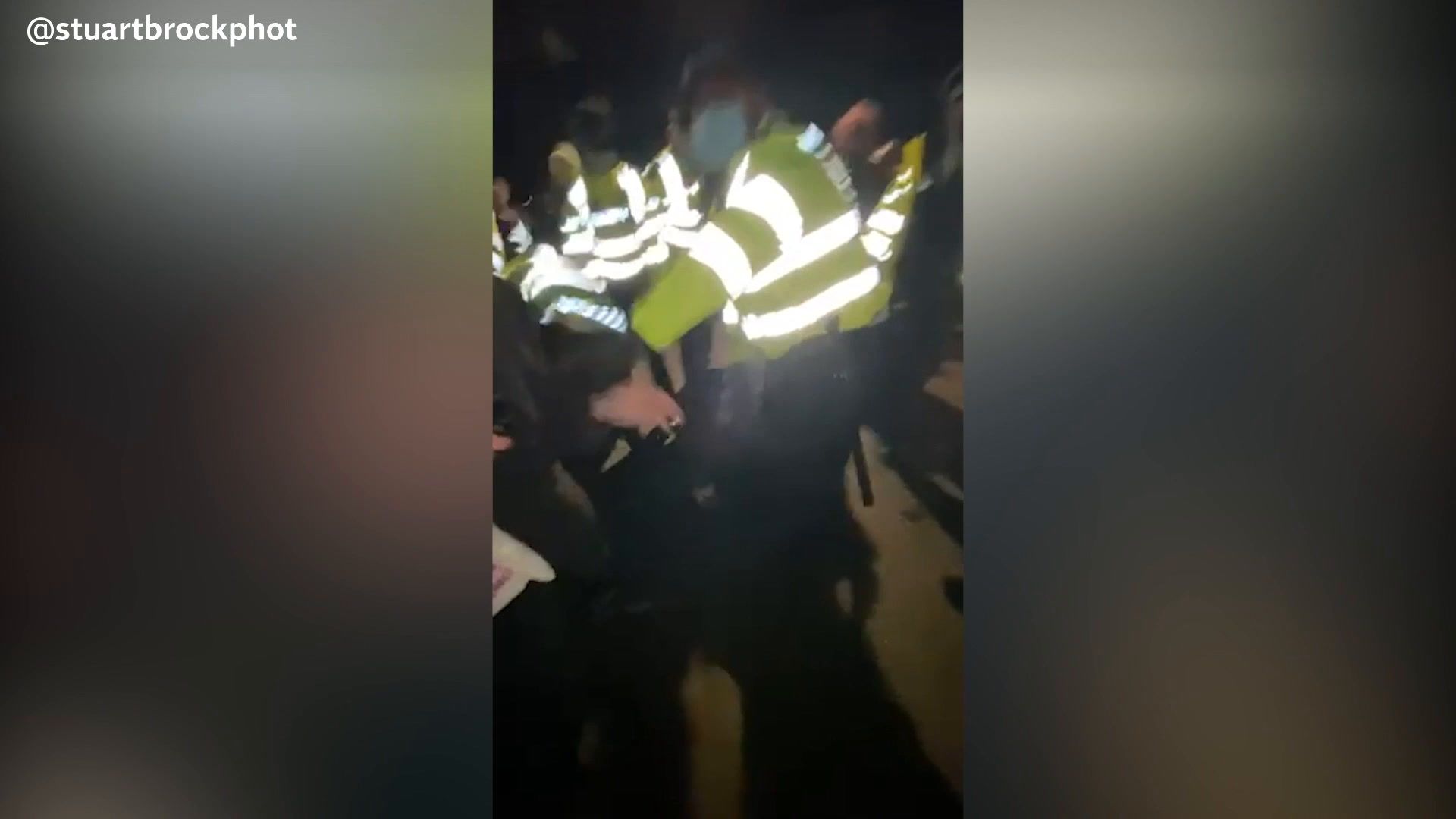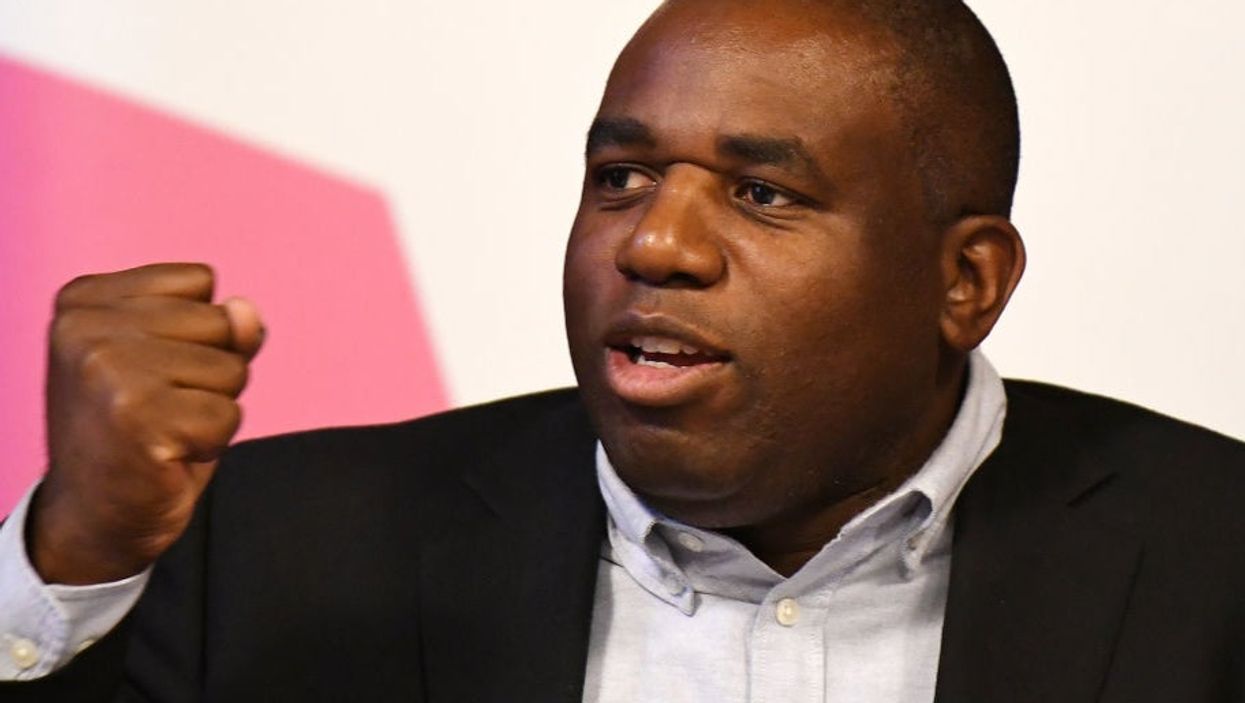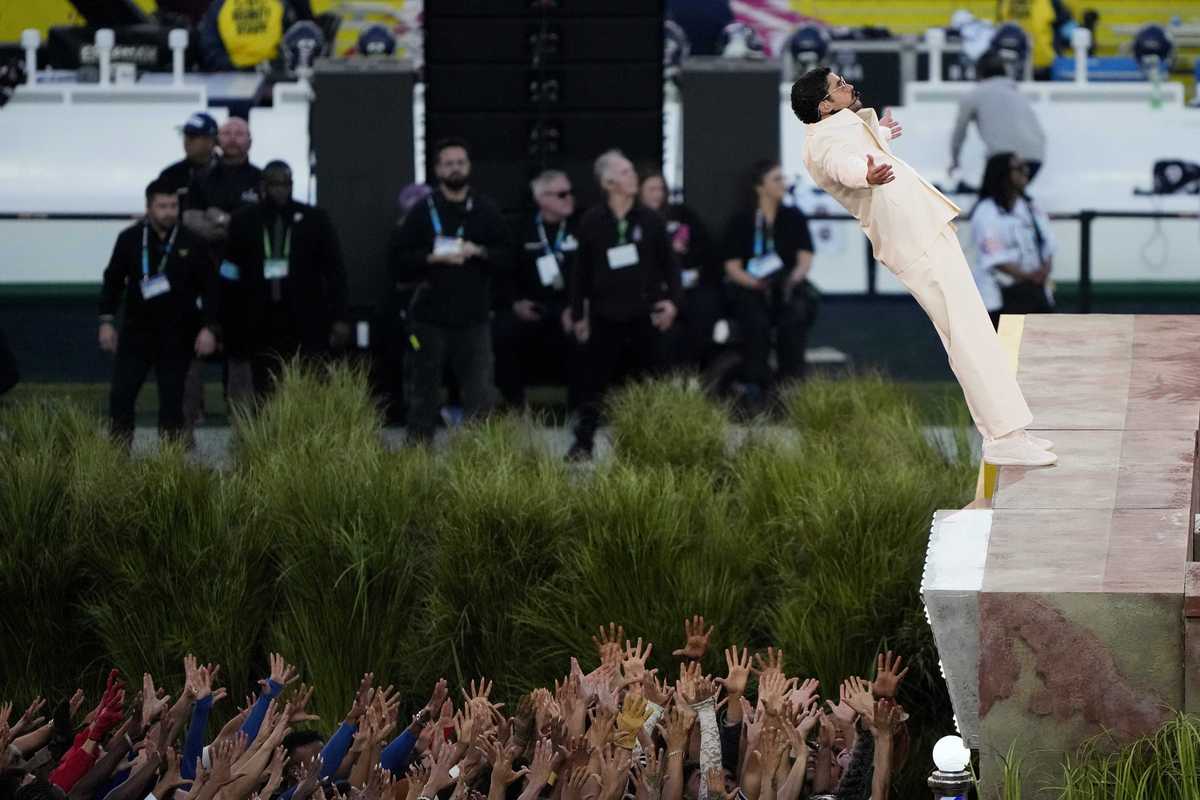Harriet Brewis
Mar 17, 2021
David Lammy has reignited faith in the Labour Party with a shattering speech on the Government’s policing bill and the “epidemic of violence against women.”
The shadow justice secretary delivered a caustic critique of the bill which aims to crack down on protests and has been met with widespread condemnation, particularly in light of the recent sexual violence demonstrations.
The Opposition MP confirmed that his party would not back the measures, branding it an “abusers’ charter” which “fails to criminalise street harassment, fails to make misogyny a hate crime, fails to raise minimum sentences for rape or stalking, and fails to give whole life orders to those found guilty of abduction and sexual assault and murder of a stranger.”
His nine-minute long address has been widely shared on Twitter, with users hailing Lammy for “fighting for every single one of us.”
One user wrote: “In 12 months of unusual importance, the importance of David Lammy’s speech to the Commons can’t really be overstated.”
Others suggested “everyone should listen to this speech”, with one writing: “Johnson would like to think he is Churchillian he is not, David Lammy is.”
Journalist Rachel Holdsworth commented: “Of the politicians I’ve interviewed, none impressed me more than David Lammy.”
Others called for him to become the next prime minister.
The Labour MP’s words in the House of Commons were both passionate and personal, with him explaining how on a “warm evening” last summer, he and his wife wept as they learned of the violent killing of their friends’ two daughters: Bibaa and Nicole Smallman.
Similarly, they wept on 3rd March when Sarah Everard disappeared.
He then warned his fellow MPs: “We must not make the mistake of thinking that this horrific incident of violence against a woman is a one-off.
“The press may not report it, but women of all backgrounds, from all parts of the country and of all ages are killed every week.”
Citing figures on murder, sexual assualt and domestic violence, he suggested: “Maybe this Government do not like to talk about women because they know they have failed them. A decade of cuts, court closures and failed ideology is letting women down.”
Lammy then accused the Policing Bill of jeopardising “fundamental freedoms that the British public hold dear”, as he continued his fierce takedown of the legislation.
“Instead of tackling violence against women, the Government has prioritised giving police the power to prohibit the fundamental freedoms of protest that the British public hold dear,” he said.
“And by giving the police the discretion to use these powers some of the time, it takes away our freedom all of the time.
“The Government’s bill targets protesters causing too much noise and says that those who cause annoyance could be jailed for up to 10 years.”
He went on to say he was thankful that such “draconian limits” were not in place “during the great protests of the 20th Century that lead to real change”, including the suffragettes’ march for the right to vote.
Lammy likened the action taken by the women demonstrating against sexual violence in the wake of Sarah Everard’s killing to that of the suffragettes, asking: “Does the Secretary of State think they should have been arrested too?”

He went on to ask: “The anti-apartheid movement, of which I was part, marched continuously on Trafalgar Square for black and white people to be treated as equal.
“Does the Secretary of State seriously believe that they should have been arrested because they caused an annoyance?”
Perhaps the shadow secretary’s most striking comment was this: “Pandemic aside, what is it about society that has changed exactly that means that the police need more powers to control protesters today than they did yesterday?
“What is it about the images of police tackling a mourning woman to the floor last weekend that makes the Secretary of State think that the police do not have enough as it stands?
“The truth, as has been briefed to his favourite newspapers, is that the Government are introducing these measures because they dislike Black Lives Matter, because they hate Extinction Rebellion and because both tell too many hard truths.”
Following his address, journalist Ian Dunt offered an awe-struck observation: “Anyone worried about the state of Labour should watch that speech.
“That is opposition.”
More: With the will, there’s a way to end violence against women
Top 100
The Conversation (0)














